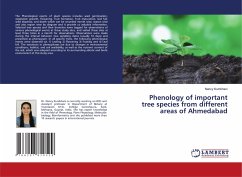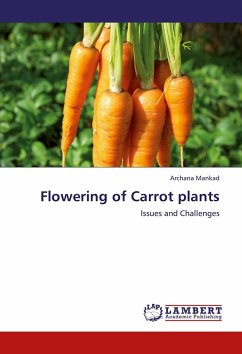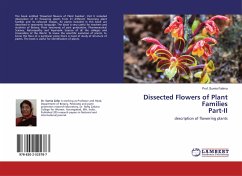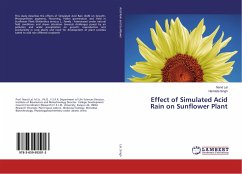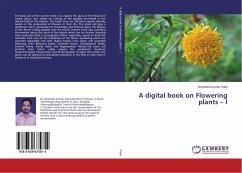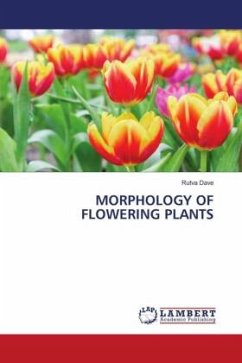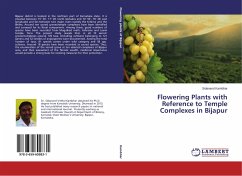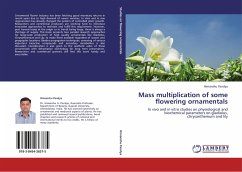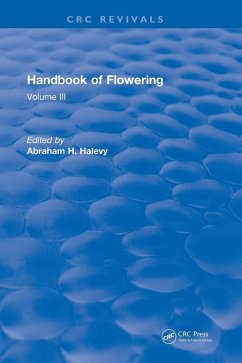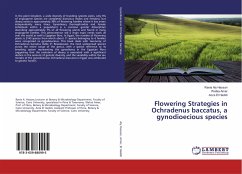
Flowering Strategies in Ochradenus baccatus, a gynodioecious species
Versandkostenfrei!
Versandfertig in 6-10 Tagen
47,99 €
inkl. MwSt.

PAYBACK Punkte
24 °P sammeln!
In the plant kingdom, a wide diversity of breeding systems exists, only 6% of angiosperm species are completely dioecious (males and females), but dioecy exists in approximately 38% of flowering families where it has arisen independently many times. Gynodioecy (hermaphrodite and female individuals within a population) is a common gender dimorphism describing approximately 7% of all flowering plants and found in many angiosperm families. This phenomenon still a virgin topic needs work all over the world as well in Egyptian flora. In Egypt, the number of flowering plants is 2145 species from whi...
In the plant kingdom, a wide diversity of breeding systems exists, only 6% of angiosperm species are completely dioecious (males and females), but dioecy exists in approximately 38% of flowering families where it has arisen independently many times. Gynodioecy (hermaphrodite and female individuals within a population) is a common gender dimorphism describing approximately 7% of all flowering plants and found in many angiosperm families. This phenomenon still a virgin topic needs work all over the world as well in Egyptian flora. In Egypt, the number of flowering plants is 2145 species from which about 11 species belonging to 6 families were recognized as gynodioecious. This book deals with taxonomy of Ochradenus baccatus Delile (F: Resedaceae), the most widespread species across the entire range of the genus, with a special reference to its breeding system representing the gynodioecy in the Egyptian Flora suggesting that the evolution of dioecy is associated with a significant decline in the amount of genetic diversity, and the variability within the sex morphs of the gynodioecious Ochradenus baccatus in Egypt was attributed to genetic factors.



